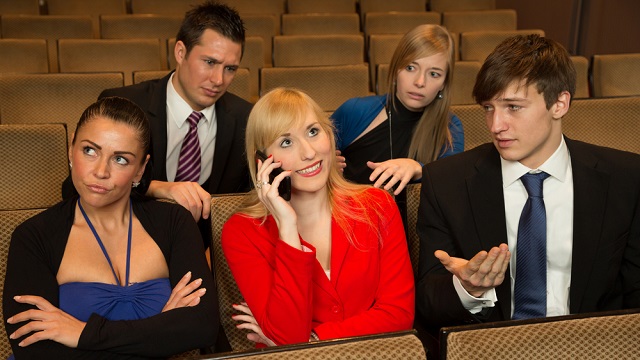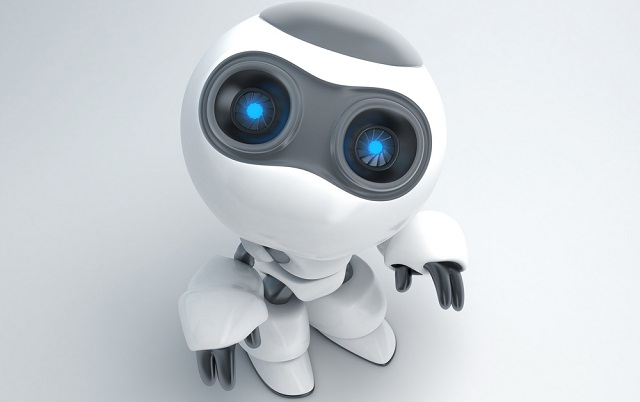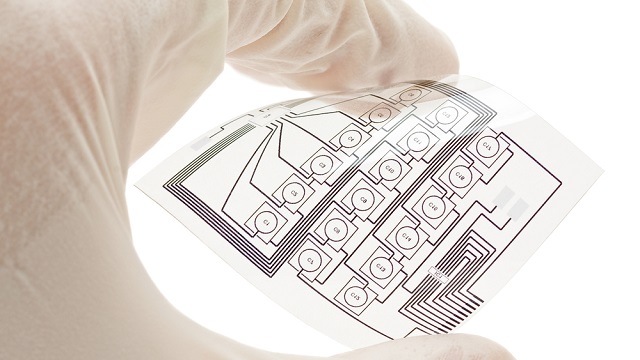Kecia Lynn
Kecia Lynn has worked as a technical writer, editor, software developer, arts administrator, summer camp director, and television host. A graduate of Case Western Reserve University and the Iowa Writers' Workshop, she is currently living in Iowa City and working on her first novel.
A source for 888.com says it could offer its services in Nevada as soon as May, making the state the second to legalize Internet betting since a federal act banned it in 2006.
A survey of American adults showed that while more of us are living more of our lives online than ever before, there’s a corresponding rise in the need for and appreciation of physical objects, tasks, and connections.
In a new report, researchers say that high-speed rail has created “market integration” between three large Chinese cities and smaller “satellite” cities outside of them, and that some of their conclusions can apply to California’s current effort.
A Canadian man is offering a house for sale in either Canadian dollars “or its Bitcoin equivalent.” It’s one of several signs that the virtual currency is becoming more popular.
A study published in this week’s Science provides the clearest proof yet that a series of volcanic eruptions wiped out half of Earth’s animal and plant species prior to the dinosaur era.
The $250,000 seven-meter truck was unveiled in Cape Town last week, and is designed to reach the 6 in 10 sub-Saharan Africans who live in rural areas without easy access to medical treatment.
A new study that examined 30 years’ worth of data on cliff swallows shows that “vehicular selection” contributed to a drastic drop in the number of birds killed by cars during the period.
“Society 2.0” — the label writer Richard Hollingham gives to future space colonies — will probably be a lot messier and more complicated than what’s been modeled via the “Star Trek” franchise.
The isotope has been used to power spacecraft for decades, but the US had been getting its supply from Russia since 1988. That agreement ended in 2010, and now some scientists say the stockpile is “alarmingly low.”
One architect advocates for combining a surplus of dead trees with new technologies to create buildings of up to 30 stories that will shelter future city residents.
iFixit CEO and co-founder Kyle Wiens says that as technology grows more advanced, the ability of individual owners to modify the items they’ve bought becomes more difficult, and existing copyright laws don’t make it any easier.
The Health eHeart Study will use apps, sensors, and similar devices to collect real-time information on subjects. Those interested can also sign up on the study’s Web site without a doctor visit, a first for such a major study.
An advisory manual drawn up by NATO is the first to attempt to bring the realm of cyberattacks into line with international law and treaties.
Cody Wilson and his company, Defense Distributed, can now sell and distribute firearms, but he says he’s going to wait for an add-on that will let him offer a broader range of products.
More than 75 percent of signers to an online petition live outside the US, and a number of those live in countries with active Internet censorship. They say Google Reader is their only pathway to uncensored material.
The ban is the result of a lawsuit filed by publishers who say textbook portions were illegally copied. Last week, a letter signed by over 300 academics asked them to drop the case.
As of Monday, a new law went into effect that gave people in certain types of live-in relationships the same rights that legally married couples can claim in the event of a breakup.
Vendors in Pakistan, where the drink has become increasingly popular, say yes…as do medical researchers and a United Nations agency.
Although only 50 or so participants appeared at the all-male event, its sponsors feel it’s a small step towards changing gender attitudes in an India fractured by recent violent attacks on women.
Citing that it causes confusion, the Mid-Devon local government will discuss proposals to remove the punctuation mark from street signs altogether. Unsurprisingly, language and grammar purists are outraged.
A small but growing number of people are using the latest technologies to give themselves abilities that look and sound like something out of an X-Men comic.
Ray is a line of chairs and desks that’s become popular in some European schools because it encourages users to make constant “micro-movements” that engage the feet and core muscles.
Findings from a recent study revealed that test subjects that played one of several genres of games on their smartphones experienced improved cognitive function. Interestingly, players of action games saw the greatest improvements.
Arriving in Dutch theaters next month, “AFP” involves viewers in the action by delivering story content to their phones during the movie.
Overheard cell phone conversations are far more distracting than overheard conversations between two or more people, according to a new study involving volunteers and simple word puzzles.
Created by researchers at the University of California-Berkeley, the earphones herald a future in which graphene speakers could revolutionize the listening experience.
A Norwegian research organization is working on clothing that will monitor the health of its wearers as they work on oil rigs and other places that experience life-threatening cold.
The Beam is a remote presence device that bridges the gap between in-person attendance and videoconferencing. It was one of the hits at this year’s South by Southwest trade show.
Researchers have figured out a way to “print” ultrathin electronic devices directly onto human skin. They can be used to monitor patient health for up to two weeks before flaking off.
Available for sale later this year, the FairPhone is made of conflict-free materials in factories with high labor standards. It has an easily-accessible interior and is completely recyclable.





























